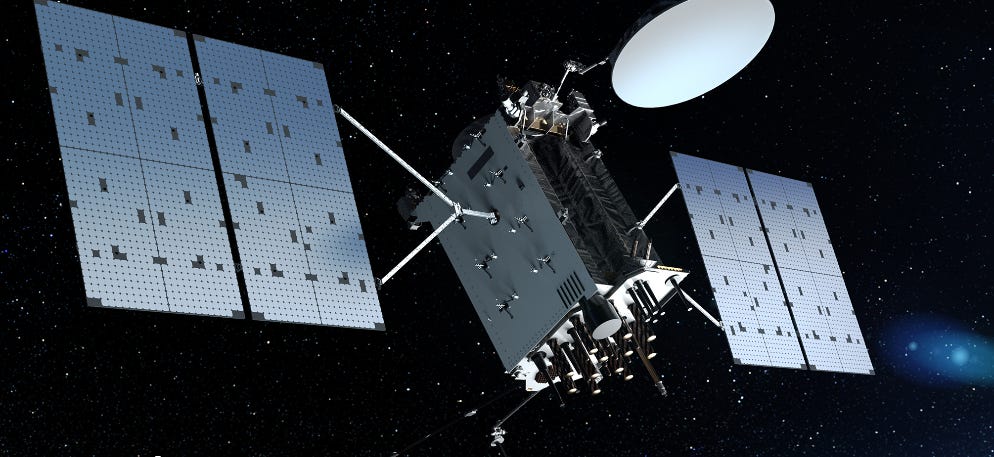Decades of developing a solution to GPS jamming has resulted in program delays
Despite two decades of development, a report issued this week by the Government Accountability Office (GAO) criticizes the Pentagon’s anti-GPS jamming implementation efforts, saying delays continue across all GPS segments. To make matters worse, the GAO says that the Pentagon faces critical user equipment microchip and card shortages that allow aircraft, ships and vehicles to access the anti-jam M-code.
“While the [U.S.] Space Force has made progress in developing user equipment, significant risks remain to delivering capabilities to the warfighter. After years of delay, the first increment of user equipment—microchips and cards that process M-code signals—is approaching its final series of tests,” the report said. “However, discovery of additional deficiencies threatens the program’s schedule. Meanwhile, DOD is addressing potential shortages of GPS chips and cards.”

The GAO report says that the space segment has decreased “some technical and manufacturing challenges,” but Space Force has failed to meet deadlines that may preclude having 24 M-code-capable satellites in continuous operation through the 2030s.
GAO said that the much-maligned ground segment modernization has completed key testing, but more is needed before the military can accept the system. The government hopes to have the ground system ready by December 2025.
GPS IIIF Satellite Delivery Running Months Behind Schedule
In related news, the Space Force has confirmed that 10 new GPS IIIF satellites’ delivery, part of a $9.2 billion contract, will be delayed from eight to 11 months. The service cited contractor Lockheed Martin LMT -3.39%↓ as having difficulty making complex parts, according to Bloomberg.

The new satellites features greater accuracy and jam-proof signal capability for the GPS constellation. In a biting statement to Bloomberg, the Space Force said that since the program’s beginning in 2018, “the contractor’s technical and programmatic challenges delayed all” the intended available satellite launch dates.
In addition, the Space Force’s delivery of the first GPS IIIF satellite, originally slated for April 2026, would be delayed until November of that year.
Overall, the satellites are put together at Lockheed’s Colorado facility, near Denver. The satellite subcontractor L3Harris Technologies LHX -5.30%↓ is facing Mission Data Unit technology challenges, according to the article. The Mission Data Unit provides the enhanced navigation for the Block IIIF satellites.



























